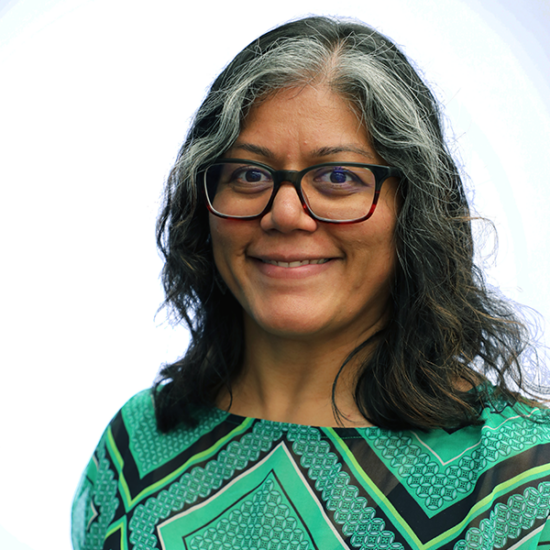The Social Foundations in Education (SFE) concentration of the PhD program in Policy Studies in Urban Education allows students to pursue a program of study that focuses on the social, cultural, political, economic and global contexts of education, particularly for urban schools. Students will have the opportunity to engage in critical, activist scholarship on diversity, equity and social justice in education. Coursework and research will equip students to conduct research from theoretical perspectives drawn from the broad field of Social Foundations.
This focused, yet flexible program allows students to pursue their interests related to how the social, cultural and political contexts of urban areas affect educational opportunities, especially for underrepresented and low-income children and youth. The program also focuses on change, education policy, and policy processes and their role in educational learning opportunities and outcomes.
Degree Requirements
Degree Requirements
Overall: 100 semester hours of coursework beyond the bachelor’s degree, or 68 semester hours beyond the master’s degree, including the dissertation.
Frequently Asked Questions
What can I do with a PhD in Policy Studies – Social Foundations?
Graduates go on to a variety of fields as educational researchers, academics, policy analysts, or work for nonprofits, NGOs (non-governmental organizations), and community-based organizations.
How long does the program take?
Most students complete the program between four and six years with full-time students, typically completing the program in closer to four years and part-time students completing the program in six years.
Is transfer of course credit allowed?
Transfer of course credit is not automatic and requires approval of program faculty. The UIC Graduate College permits no more than 25 percent of the hours to be transferred into the degree. UIC’s PhD program will transfer up to 16 credit hours of relevant coursework if approved by the program coordinator and the Graduate College. For more information about credit transfer procedures, please consult the UIC Graduate Catalog.
Can I hold a job while in the program?
Yes, many students in the program will hold a full-time job during their program. Evening course meeting times help to reduce conflicts between work and academic schedules.
When do courses meet?
College of Education courses typically meet once a week in the evenings (5 p.m.–8 p.m.) Monday through Thursday. In the summer, they typically meet twice per week in the evenings (4:30 p.m. – 8:30 p.m.)
Is the GRE required?
No, the GRE is not required.
Is a master’s degree required for this program?
A master’s degree is not required.
Can I afford the degree?
UIC makes every effort to help students pay for the cost of going to college. Our College Financial Aid page can help answer your questions.
Review the UIC tuition and fee schedule and find out more about billing and payment options.
The University of Illinois at Chicago offers six basic types of financial aid for graduate students: fellowships, assistantships, tuition-and-selected-fee waivers, traineeships, loans, and employment. Applicants for these types of aid must be admitted to a graduate degree program or have a completed application pending. Eligibility for loans is determined by the Office of Student Financial Aid. Applicants for loans should go directly to the Office of Student Financial Aid. Applications for fellowships, assistantships, and tuition/fee waivers are available in the department office, the Graduate College Office, and on the Graduate College website. In the administration of these programs and in selecting students for participation in them, the University of Illinois at Chicago adheres to the Nondiscrimination Statement on the Office for Access and Equity website.
Can I get housing on campus?
Yes. It is best to apply as soon as you know you want to live on campus, because applications are prioritized by date of application. Visit campus housing to find out more and submit your application.
What student support does the College of Education provide?
The UIC College of Education is committed to the success of its students. If you have concerns or questions you can stop by the Office of Student Services or make an appointment to see a faculty advisor. The College encourages a good working relationship between students and their advisors. You can also find support from your professors and fellow students. UIC offers many support programs and opportunities that encourage academic success. Your program advisor can help you connect to UIC resources.




